It's a problem that
makes you want to pull your hair out. You spend so much time manicuring your lawn, taking the time to mow and water it.
You put forth all this effort just to find out that your dog has been digging under the fence the moment you let your gaze drop from him.
Having a dog that digs under the fence or around the lawn in general is a
common problem that makes dog owners go wild with
frustration. I should know. I've been there myself many times before.
The question runs through your mind every time you glance over a new hole in your yard or near the fence...
"How do i stop my dog from digging?"
It's an expensive problem as well. If you care about your lawn, you probably take the time to repair some of the digging damage. Not long after, you discover your little buddy has torn up a new hole for his amusement.
Here, I'll be showing you how you
how to stop a dog from digging out and give you some peace of mind. Afterall, you can't be expected to watch your dog 24 hours of every single day.
Obviously, you will eventually need to take a shower, cook dinner, put your baby to bed or do some other task that requires your own personal time. So these tips will show you dog training to stop digging behavior as well as build trust between you and your pet.
Why Your Dog Is Digging
There are many reasons your dog is digging under the fence. Firstly, let's be honest. He's a dog and just doesn't know any better. But there
are 3 fundamental reasons for his digging.
Once you know the root cause of his digging obsession, you can
take the right steps to stop your dog from digging out your lawn.
Here, I'll be showing you the
corresponding training response to the associated root cause of your dog digging under the fence.
1. Escape
Your dog may have the urge to escape in order to get to something, explore or go somewhere in his field of vision.
It's a very common scenario.
The biggest hint that your dog is digging to escape is when he digs along the fence line or under the fence.
Here are Some Recommendations...
Install Chickenwire:
Lining the bottom of the fench with chicken wire that lays about 2 feet from the fence line will stop his digging in no time.
Your dog will be deterred by the feeling of the chicken wire on his paws and stop before any damage is done. Initially setting this up will take a few hours, but think of all the time you'll save on future groundskeeping.
Ensure that the sharp edges of the wire are facing the opposite side of the fence. Your dog won't hurt himself on the other side so lay it carefully.
Bury Rocks Along the Baseline:
If setting up a chickenwire barrier sounds like too much work, you can implant or bury rocks along the baseline of the fence. Your dog will give up quickly when he starts digging into the rocks.
Bury the Fence Deep:
When you setup the fence, plant the base two feet below the ground. This strategy doesn't necessarily prevent the digging, but it is a safety measure to ensure your dog doesn't actually escape.
Check for Inviting Prey:
Look for signs of nesting animals along the fence's baseline to see if your dog is trying to catch something. Depending on where you live, there might be a whole host of distractions on the other side of the fence.
2. Comfort
Hot weather is a powerful digging trigger to your dog's subconscious.
Your digs in hot weather to find a spot in the underlying cool dirt in which to lay. It's a fairly smart strategy from a dog's perspective actually.
Conversely, your dog may dig in cool weather to warm himself with the surrounding ground.
Be aware of the telltale sign. Your dog may dig for comfort if you find he's laying in the holes quite often.
Here are some Recommendations...
Dog Houses prevent digging:
One of the easiest solutions is to build (or buy) your dog an
insulated dog house outside. Ensure that it provides protection from wind as well as sun.
You don't have to go overboard with the dog house, but think of it as an investment in your lawn.
If you build or buy one that's versatile, it will last a lifetime. By versatile I mean, try to find one that has removable sides or windows that can be covered up. This will make it more
useful in both hot AND cold weather.
Keep Your Dog Hydrated:
Make sure you leave out a water dish that can easily be accessed by your dog outside. When your dog is hydrated properly, his body temperature will cool and make him more comfortable.
On particularly hot days, throw some ice cubes in the water bowl. He'll love it!
3. Attention
When you're just not showing your dog enough attention, he'll start digging to get it. Yes, your admonishment of his behavior is still considered "attention".
A good indicator that your dog is digging for attention is when you've repeatedly corrected him and he makes it a point to dig in front of you.
Your dog may also dig for attention if you haven't had much time lately for training, exercising him or just showing him some love with petting and positive reinforcement.
Here are Some Recommendations...
The "Safe" Zone:
Set up an area in the yard that has some cover from wind and sun. Establish this as the "safe" digging zone for your dog. Pick a place near your fence that's less visible to passerbys.
Manage Your Time:
Don't just ignore this red flag. Start spending more time with your dog. You should spend at least 1 hour a day training your dog. That doesn't include exercise time or general walks.
If you don't have time for your dog then you shouldn't have gotten a dog to begin with. The neglect of your dog will ultimately lead to anxious behavior so attack this behavior problem as soon as possible.
How to Stop the Digging Forever
The bottom line is you need to understand how to
resolve ANY dog behavior problem with effective tactics that get results. Problems like "dog digging under fence" will come up through different stages of your pet's life.
There will be times where he goes through periods of
digging, times where he may show
territorial aggression, times where he has excessive chewing issue, times where he just doesn't listen or won't respond to commands...
... the list goes on and on.
Although some of these behavior problems will be temporary, most of them won't if the issues aren't addressed immediately.

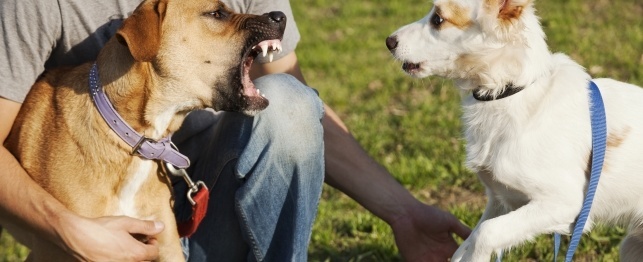 Dog Parks and Bites: What You Need to Know
Dog Parks and Bites: What You Need to Know
Dog Parks and Bites: What You Need to Know
Dog Parks and Bites: What You Need to Know
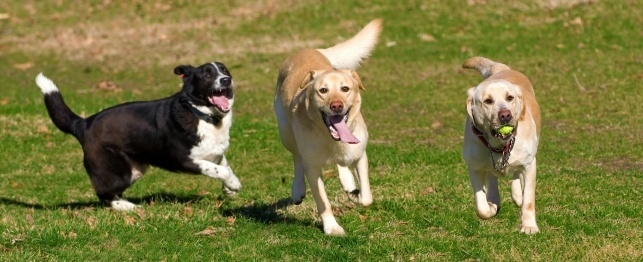 Tips for Keeping Your Dog Safe at the Dog Park
Tips for Keeping Your Dog Safe at the Dog Par
Tips for Keeping Your Dog Safe at the Dog Park
Tips for Keeping Your Dog Safe at the Dog Par
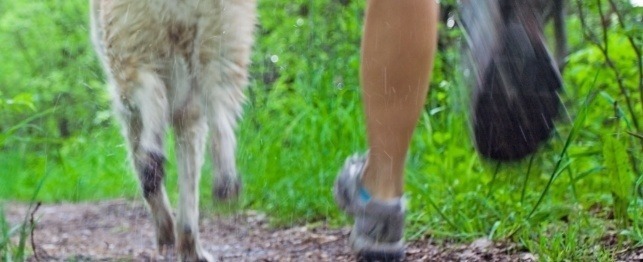 Does Your Dog Need More Exercise?
Does Your Dog Need More Exercise?
Does Your Dog Need More Exercise?
Does Your Dog Need More Exercise?
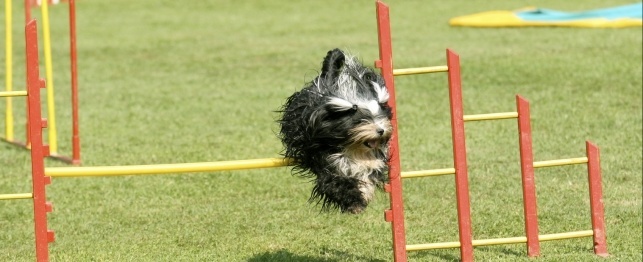 Agility: an Exciting Dog Sport
Agility: an Exciting Dog Sport
Agility: an Exciting Dog Sport
Agility: an Exciting Dog Sport
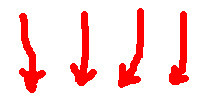 Stop Dog Digging: Find Fun And Easy Ways To Train Your Dog
A lot of people are trying to maintain a clean home these
Stop Dog Digging: Find Fun And Easy Ways To Train Your Dog
A lot of people are trying to maintain a clean home these